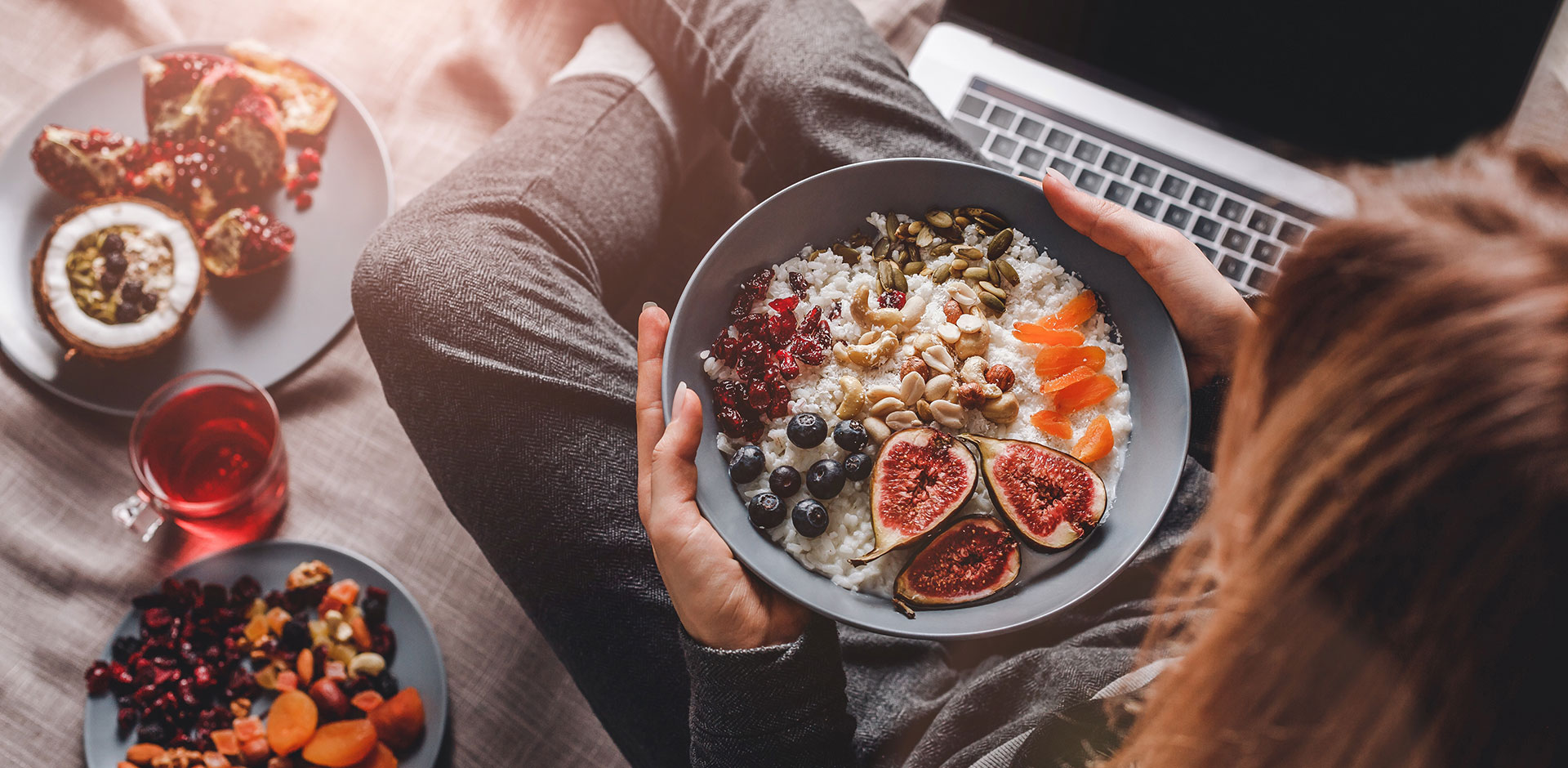Any physical activity carries the risk of injury - from simple injuries to serious fractures. It is worth remembering that a properly balanced diet and selected supplementation can support regeneration and rehabilitation.
Adequate energy supply
An important element to monitor is the overall calorie supply. People who are on a long-term caloric deficit - greater than 10% are more likely to get injured. So if we want to prevent atrophy and support regeneration processes, it's a good idea to maintain a zero caloric balance.
Diet during injury
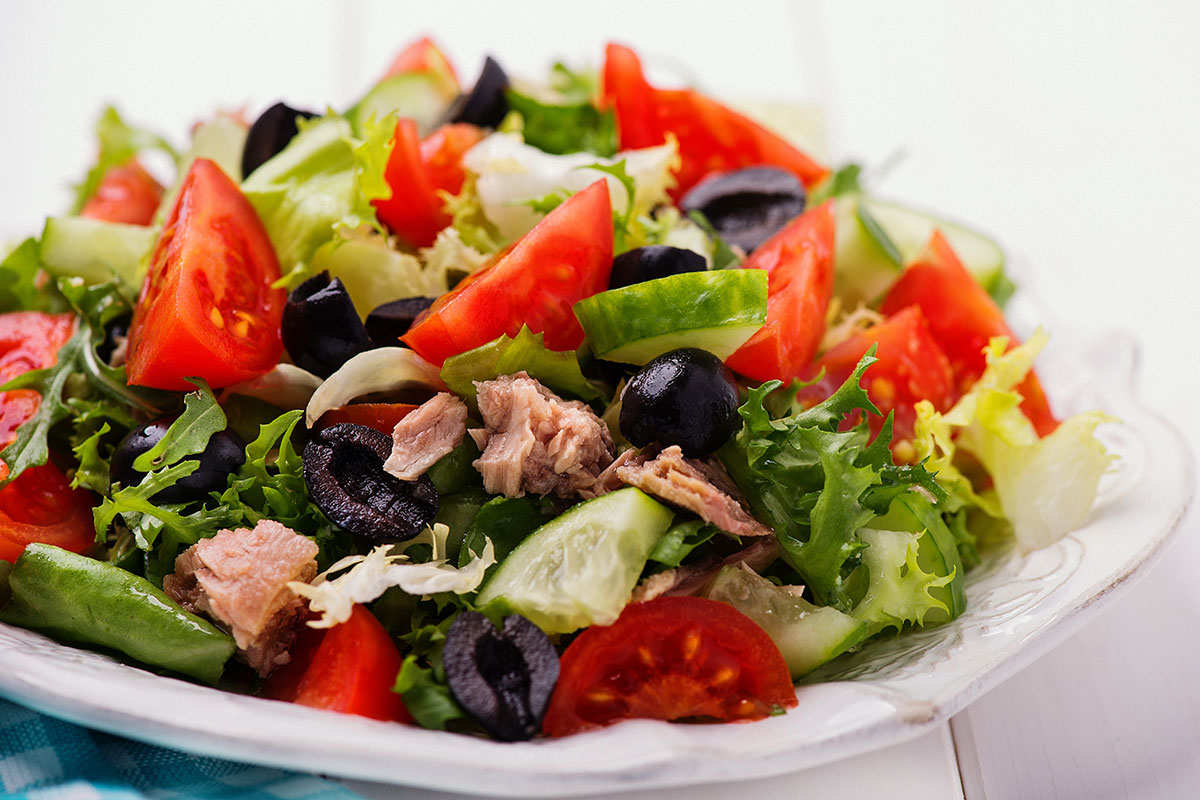
We should use an anti-inflammatory diet that will support regenerative processes. Focus should be on eliminating processed foods rich in sugar, trans fats. The menu should be rich in antioxidants present e.g. in berries or omega-3 fatty acids contained in fish. Omega-3 fatty acids support repair and recovery processes in athletes, studies have shown that they support the formation of collagen, which builds cartilage, and also supports the regeneration of connective tissue, is responsible for the condition of joints and tendons. The desired products in the diet will be nuts, avocados, olive oil or evening primrose oil. A good diet model will be the Mediterranean diet.
Pay attention to protein
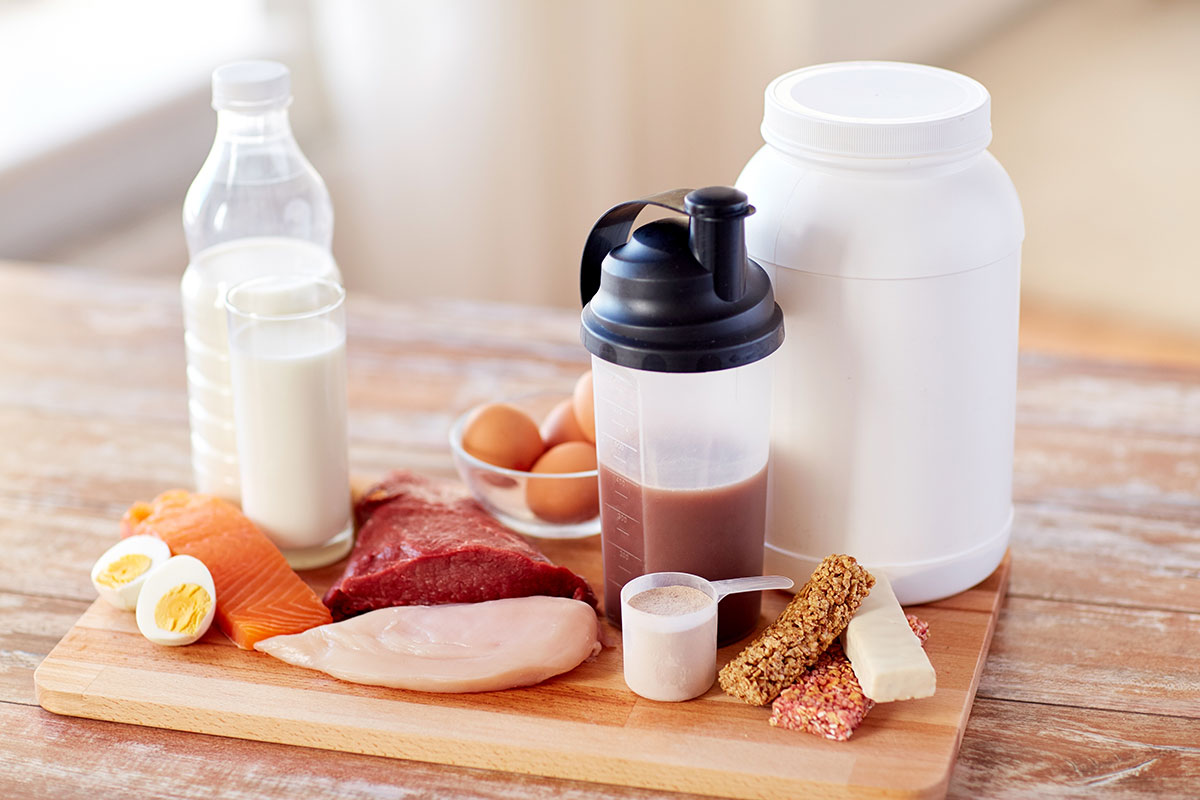
It is worth paying special attention to the supply of protein, which will accelerate the regenerative processes of damaged muscle fibers. First of all, the diet should provide amino acids such as leucine or glycine. The level of protein intake should not fall below about 30% of the entire calorie pool. Studies have shown that athletes who consumed relatively higher amounts of protein (2.3 g / day / kg of body weight) showed less muscle loss compared to people with lower protein intake (1.0 g / day / kg b.w.).
Vitamins
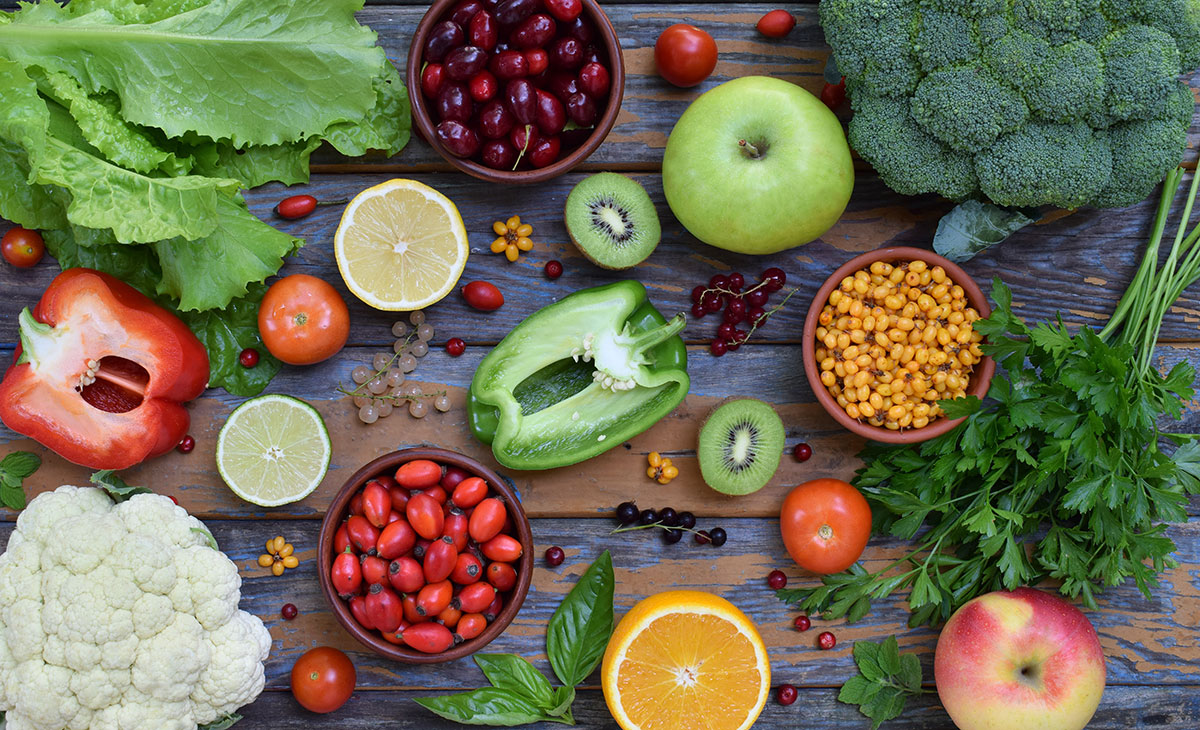
We should not underestimate the issue of providing elements and vitamins. It is necessary in this matter to provide vitamin D, calcium, magnesium, electrolytes, as well as vitamins of group B. In addition, it has been shown that the polyphenols contained in the diet have a positive effect on the quality of the skeleton. Oxidative stress caused by inflammation can be reduced by adequate supply of antioxidant compounds. An important issue in the athlete's nutritional approach is the introduction of lycopene (tomato preparations), carotenoids (apricots, tomatoes, and peppers), vitamin C (parsley, pepper, grapefruit, and oranges), zinc (pumpkin seeds, buckwheat, almonds, bitter chocolate) into the diet. Vitamin C supports the regeneration of the muscular system, ligaments and joints. In contrast, zinc promotes wound healing, strengthens the body's natural defenses, protects against free radicals. These ingredients play a significant role when fractures occur, as they accelerate bone formation. The use of spices such as turmeric, black cumin, garlic, ginger, and cinnamon will naturally support the work of the immune system.
The diet should be based on good quality fats, low-processed carbohydrates, and a higher protein supply.
Useful supplementation during injury
Always start with the right diet at the very beginning. Deficiencies of vitamins and nutrients will increase the time needed to fight an injury. After taking care of the basics, you can additionally help with supplements that, when properly selected, can be a factor supporting the proper regeneration of joints and tendons.
• Collagen – the main protein of connective tissue, a tendon component, responsible for skin elasticity. In studies involving athletes, it has been shown that collagen supplementation reduces pain symptoms caused by injuries. In combination with ingredients that naturally support its production like vitamin C, it can significantly accelerate regeneration.
• Colostrum – or bovine colostrum, is milk produced by the cow in the first days after delivery. Colostrum is rich in bioactive growth factors, immune mediators, and lactoferrin. Increased concentration of these components is beneficial for strengthening the work of the immune system, and also positively affect bone density and mass.
• Preparations to reduce inflammation - containing ginger extracts, turmeric, containing compounds that have anti-inflammatory and stimulating regeneration of damaged tissues. In addition, it is worth to use products containing the plant composition "Bosswellia serrata", which has proved effective in supporting the treatment of rheumatoid arthritis.
Summary
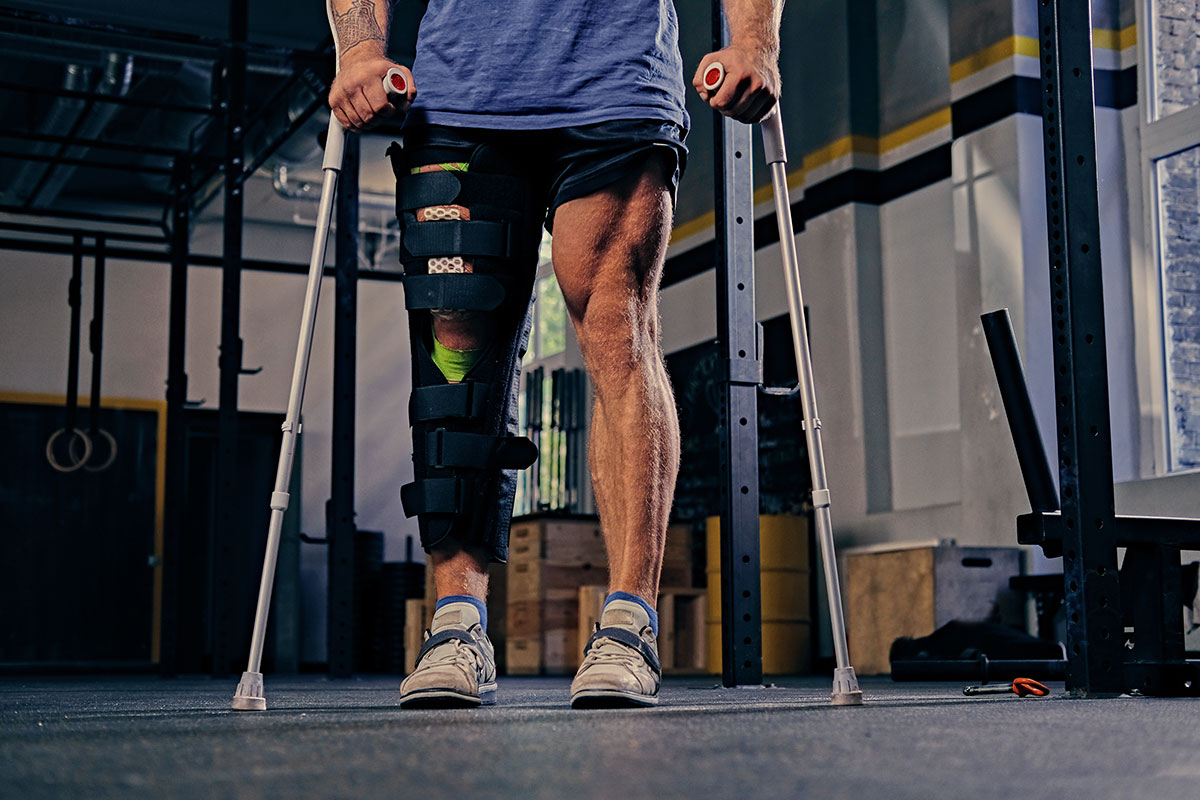
The most important procedure in the treatment of injury is its prevention, which is why it is so important to care for proper regeneration taking into account the proper length and quality of sleep, as well as a balanced diet. However, if an injury has occurred, support in appropriate supplements and proper dietary management may significantly reduce the time necessary for regeneration of the resulting injury and minimize damage resulting from the injury. The implementation of these recommendations will significantly increase your chance of quick recovery and training.


